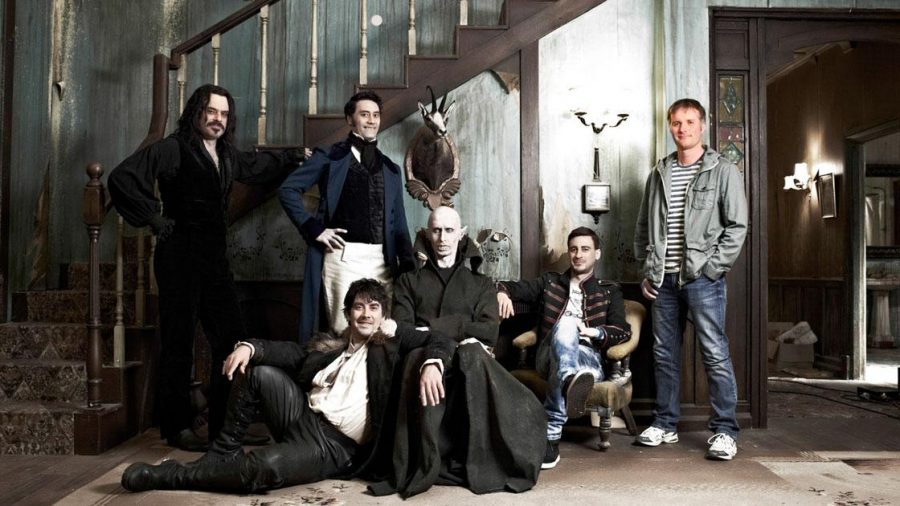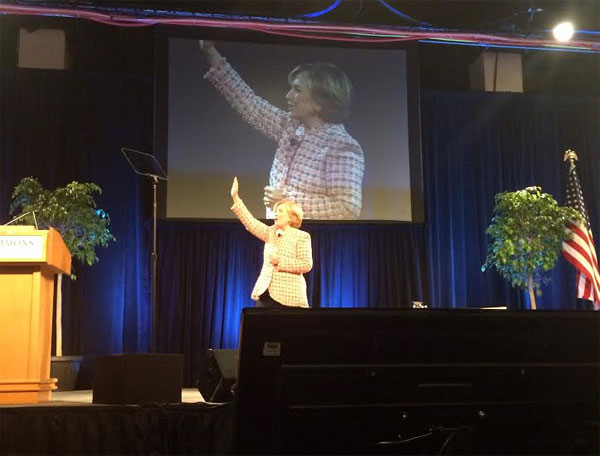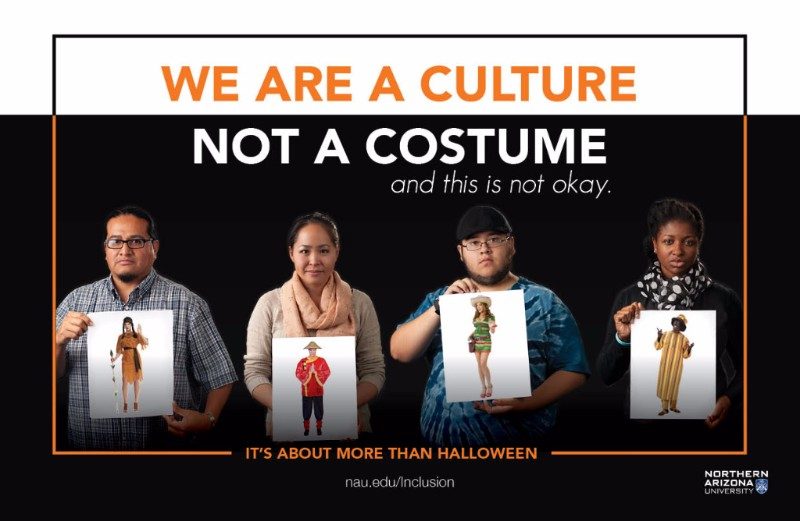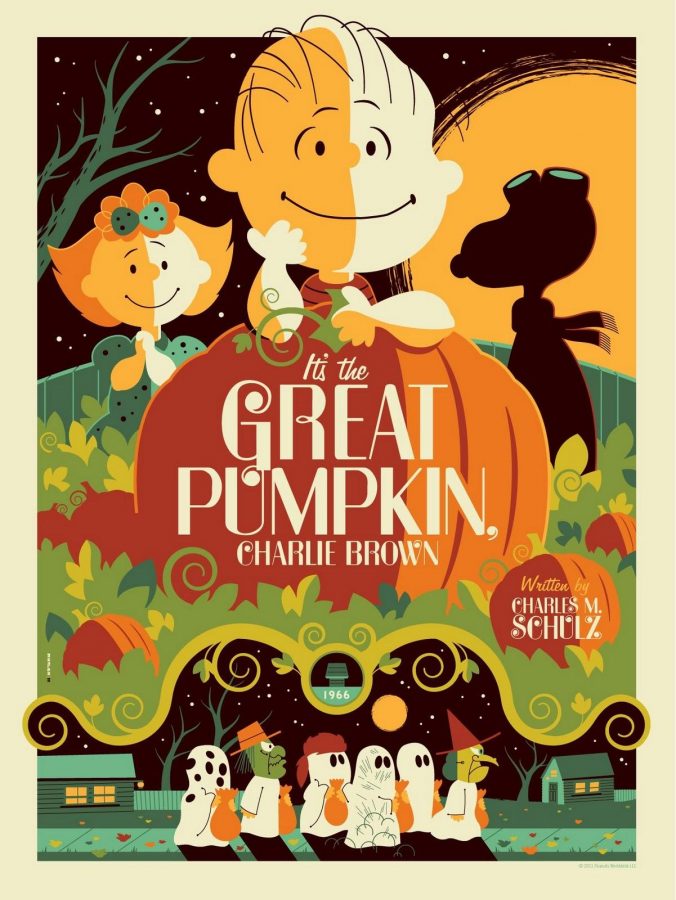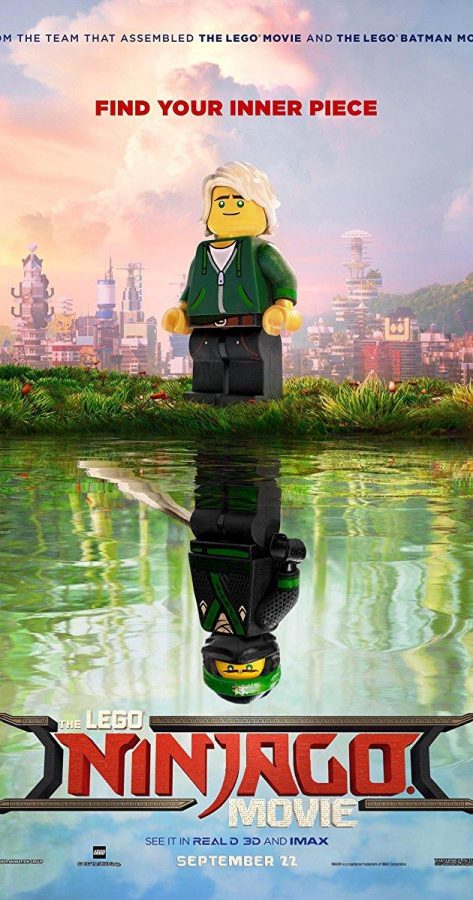By Jessie Kuenzel
Staff Writer
Wikileaks: unless you’ve been living under a rock for the last few years, chances are you’ve heard of this controversial website caused such a stir among governments and media worldwide.
Created as a safe space for concerned citizens to anonymously distribute confidential government documents, it’s easy to see how such a site would incite powerful responses; governments were faced with the very real problem of not knowing when or if sensitive—and sometimes potentially threatening—documents would be released, and the media was overjoyed at the new access to sources and stories that had been previously withheld.
A divide was created among people across the globe; many thought that Wikileaks was performing a heroic and necessary service by providing a nation’s citizens with important information that their government was withholding, but many also felt that the site posed a dangerous threat to governments and could potentially put hundreds of lives at jeopardy.
It was the representation of this divided opinion that made “The Fifth Estate” such a successful move. “The Fifth Estate” doesn’t force one side of the story upon its audience; it presents both sides and lets them decide for themselves.
It’s not an action movie with an angsty hero whose pecs are bigger than his head, or a romantic comedy with a classically pretty female lead who falls in love with a witty bachelor in well-tailored suits, but it is a high-quality movie that will appeal to a broad audience for a variety of reasons.
On the most basic level, we are all constant media consumers and Wikileaks opened the door to a new realm of media consumerism that we are a part of and consequently should be aware of. In the age of the Internet, and the anonymity that sitting behind a screen provides, it is much easier to distribute sensitive information without repercussions.
As witnesses and participants in a revolutionary shift in the way information is shared, this movie is definitely an interesting take on arguably one of the most important developments since the creation of the Internet.
“The Fifth Estate” will also appeal to a more specific audience because of the very real change Wikileaks had on the journalism industry—specifically domestic and foreign political news reporting. From political science majors to aspiring journalists, this movie definitely gets you thinking about the importance and impact of the new era of information that we live in.
The movie itself is well filmed, well written, and well acted, but its power lies in its ability to get the audience to think. Benedict Cumberbatch—who has gained popularity recently for his roles in BBC’s “Sherlock” and the new “Star Trek” movies—plays the role of Wikileaks founder and activist Julian Assange, with objectivity. Just like the movie doesn’t decide for you whether to condemn or glorify Assange for his actions, Cumberbatch does a commendable job of playing this controversial man without imposing his personal opinion.
“The Fifth Estate,” which will be released Oct. 18, is a definite must see this fall. With a star-studded cast and a relevant and intriguing story, this movie won’t disappoint.



